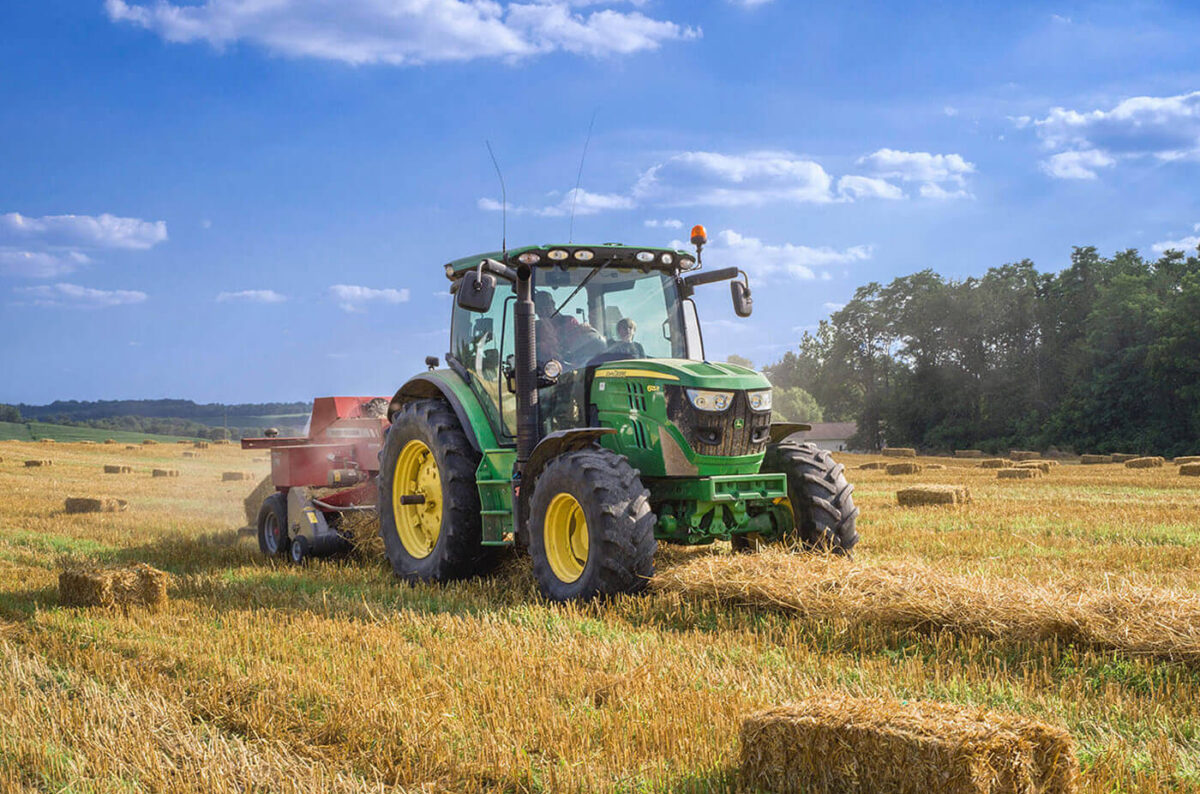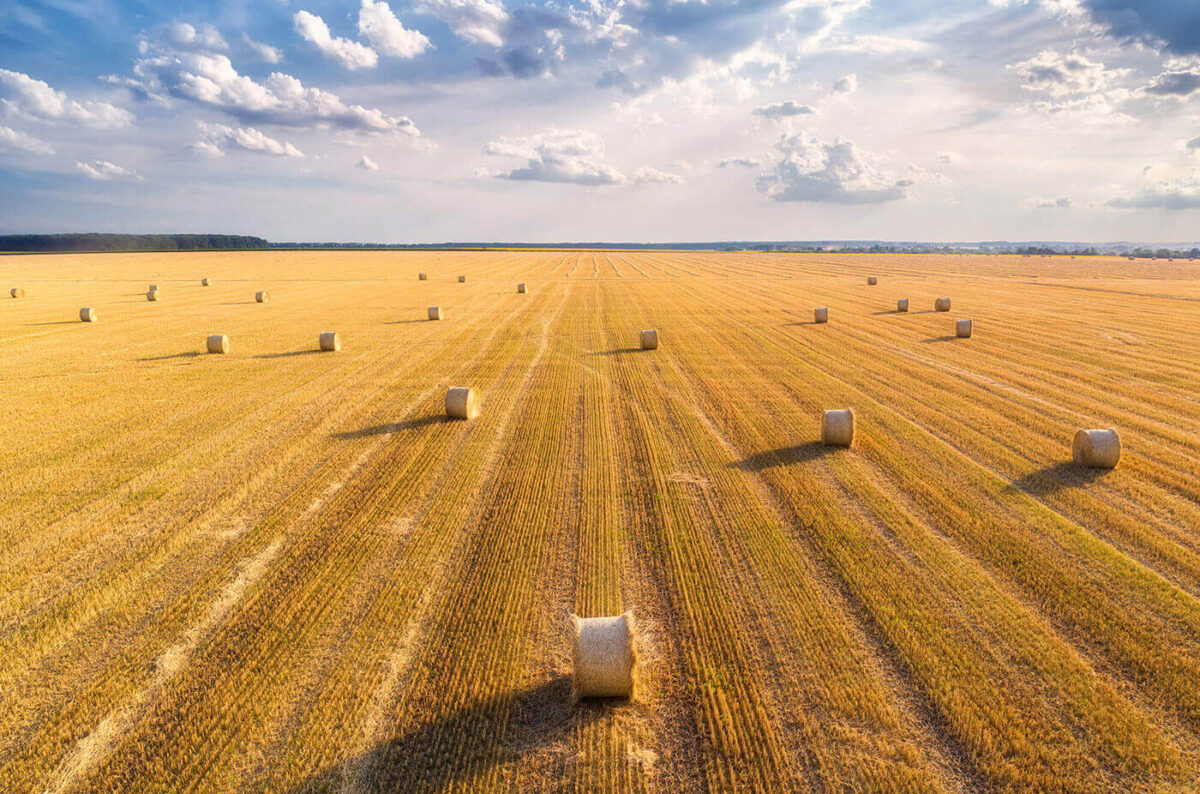
- Climate
- November 12, 2022
Reimagining Our Food Systems
The conversation around food systems is evolving. Beyond questions of sustainability and nutrition, we now recognize the critical importance of inclusivity—ensuring that our food systems serve everyone equitably. This shift acknowledges that food is not merely sustenance but carries cultural significance, reflects economic realities, and impacts social cohesion.
Creating truly inclusive food systems requires addressing barriers that prevent equal access, representation, and participation across the entire food chain—from farm to table.
Current Disparities in Our Food Landscape
Today’s food systems contain structural inequities that manifest in multiple ways:
Access Disparities
Physical and economic access to healthy food remains uneven:
- Food deserts persist in both urban and rural communities
- Price barriers limit nutritious options for low-income households
- Transportation challenges affect the elderly and those with disabilities
- Time poverty limits food preparation options for many working families
Cultural Marginalization
Food systems often prioritize dominant cultural norms:
- Indigenous food knowledge faces continued erosion
- Immigrant food traditions encounter barriers to acceptance
- Religious food requirements receive inconsistent accommodation
- Cultural food stereotypes perpetuate harmful misconceptions
Economic Exclusion
Participation in food economies remains inequitable:
- Land access barriers affect BIPOC and women farmers
- Financing gaps limit entrepreneurship in marginalized communities
- Labor exploitation persists throughout food supply chains
- Knowledge gatekeeping restricts innovation opportunities
Pathways Toward Inclusive Food Systems
Building more inclusive food futures requires intentional action across multiple dimensions:
Democratizing Access
Physical and economic barriers must be addressed through:
- Community-based distribution models that meet people where they are
- Sliding scale pricing that accommodates economic diversity
- Universal design principles in food spaces
- Technology that bridges rather than widens access gaps
- Policy reform that strengthens food assistance programs
Honoring Cultural Diversity
Food systems should respect and celebrate cultural plurality:
- Preservation and revitalization of traditional food knowledge
- Support for culturally appropriate food businesses
- School food programs that reflect community demographics
- Research that values traditional ecological knowledge
- Markets that accommodate diverse cultural food practices
Fostering Economic Justice
True inclusivity requires economic transformation:
- Land access programs targeting historically excluded groups
- Incubators supporting diverse food entrepreneurs
- Fair labor practices throughout food supply chains
- Cooperative ownership models that distribute benefits equitably
- Financial mechanisms designed for marginalized communities
Learning From Inclusive Food Initiatives
Around the world, promising models demonstrate what inclusive food systems can look like:
Community-Led Food Sovereignty
In urban centers and rural communities alike, grassroots initiatives are reclaiming food autonomy:
Soul Fire Farm in upstate New York combines Black and Indigenous agricultural traditions with contemporary sustainable practices, offering accessible farm training to communities affected by food apartheid. Their sliding-scale CSA ensures economic inclusivity while their curriculum connects food production to social justice.
La Via Campesina, a global movement of smallholder farmers, centers the voices of those who produce most of the world’s food but often have the least power in food systems. Their model demonstrates how inclusive governance can transform food politics.
Inclusive Food Business Models
Entrepreneurs are pioneering business approaches that center inclusivity:
Inclusive Trade initiatives directly connect marginalized producers with markets, ensuring fair compensation while preserving cultural food traditions. Companies like Diaspora Co. have built supply chains that prioritize farmer equity alongside product quality.
The Detroit Food Commons represents a community-owned grocery store and food business incubator, creating economic opportunities in a historically underserved neighborhood while ensuring affordable food access.
Institutional Change
Schools, hospitals, and government programs are rethinking their approach to food:
The Farm to School Network not only connects local farmers with school cafeterias but increasingly emphasizes culturally relevant meals that reflect student demographics, recognizing that children learn better when they see their cultural identities reflected in school food.
Healthcare facilities in several regions have redesigned food services to accommodate diverse religious requirements, cultural preferences, and disability needs, recognizing that inclusive food service contributes to healing.
Challenges in Building Inclusive Food Systems
The path toward inclusivity faces substantial challenges:
Power Dynamics
Existing power structures resist change:
- Concentrated corporate control of food systems
- Policy environments that prioritize industrial agriculture
- Academic and research bias toward dominant perspectives
- Marketing systems that appropriate rather than honor diversity
Resource Constraints
Building new systems requires investment:
- Limited funding for inclusive food initiatives
- Competition for scarce land and water resources
- Time constraints for community participation
- Infrastructure gaps in underserved communities
Knowledge Barriers
Information access remains uneven:
- Digital divides limit technological inclusion
- Language barriers affect information access
- Technical assistance rarely accommodates diverse needs
- Research priorities often overlook marginalized concerns
A Framework for Action
Moving toward more inclusive food futures requires coordinated efforts:
For Policymakers
- Incorporate equity metrics in all food-related policies
- Reform land access programs to address historical discrimination
- Ensure food assistance programs respect cultural diversity
- Support inclusive food business development
- Invest in infrastructure for underserved communities
For Food Businesses
- Examine supply chains through an equity lens
- Develop inclusive hiring and advancement practices
- Create products that accommodate diverse needs and preferences
- Design marketing that respects rather than appropriates
- Implement accessible pricing models
For Consumers
- Support businesses with authentic commitments to inclusivity
- Educate yourself about food traditions beyond your own
- Advocate for inclusive food environments in your community
- Participate in food policy development
- Challenge exclusionary practices when encountered
For Community Organizations
- Center marginalized voices in program design
- Develop accessible participation models
- Build coalitions across different food communities
- Document and share inclusive practices
- Connect food work to broader social justice movements
Measuring Progress Toward Inclusive Food Systems
Creating accountability requires clear metrics for progress:
Beyond Conventional Measures
Traditional food system metrics often miss inclusivity dimensions. New frameworks should measure:
- Representation across the food chain
- Cultural relevance of available foods
- Decision-making power distribution
- Benefit distribution across communities
- Accommodation of diverse needs
Participatory Evaluation
Those most affected by exclusion should help define success:
- Community-defined indicators
- Qualitative alongside quantitative measures
- Regular feedback mechanisms
- Transparent reporting systems
- Accountability to affected communities
The Path Forward: Everyone at the Table
Building inclusive food systems isn’t simply about correcting inequities—it’s about releasing the full potential of our food systems. When diverse knowledge systems, cultural traditions, and community needs inform our approach to food, we create systems that are not only more just but more resilient, creative, and sustaining.
True inclusivity means everyone has a place at the table—not just as consumers but as producers, innovators, policy shapers, and cultural stewards. By dismantling barriers and creating new pathways for participation, we can develop food systems that nourish all people while honoring the rich diversity of food traditions that connect us to our shared humanity.
The journey toward inclusive food futures requires sustained commitment, but the rewards extend far beyond food itself—to stronger communities, healthier ecosystems, and more vibrant cultures. By ensuring everyone has a meaningful place in our food systems, we create not just better ways of feeding ourselves, but better ways of living together.
“If you have come here to help me, you are wasting your time. But if you have come because your liberation is bound up with mine, then let us work together.” — Aboriginal activists group, Queensland, 1970s















